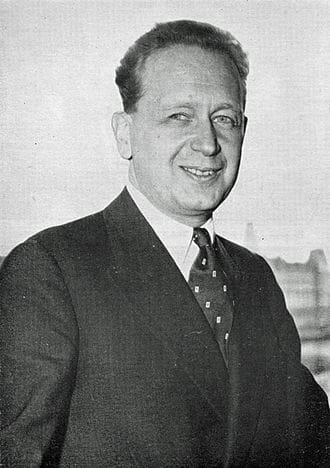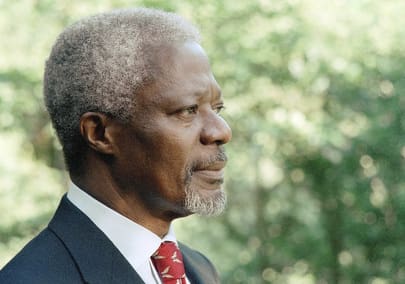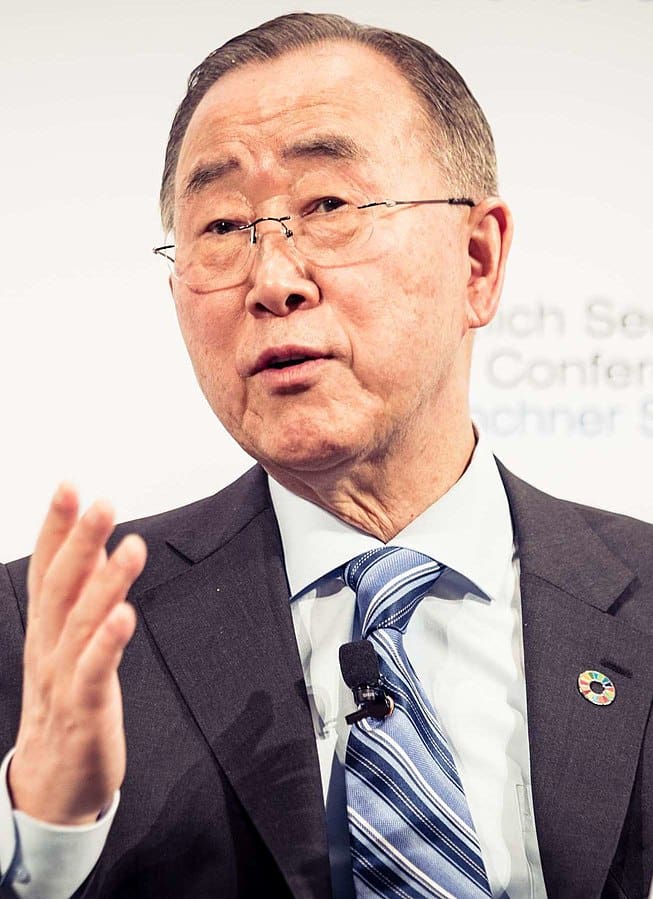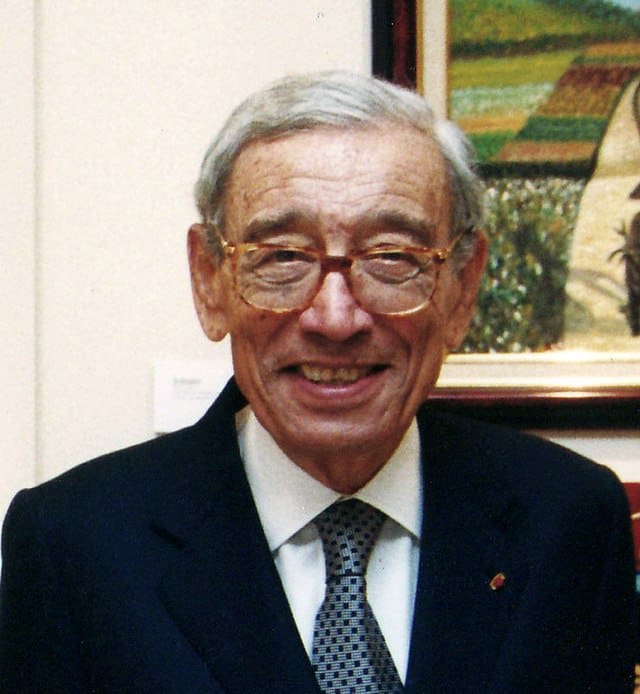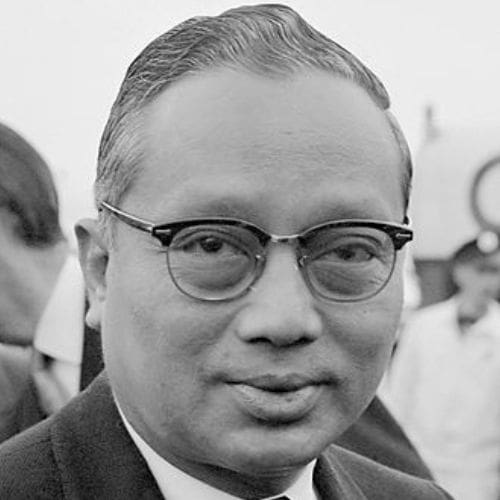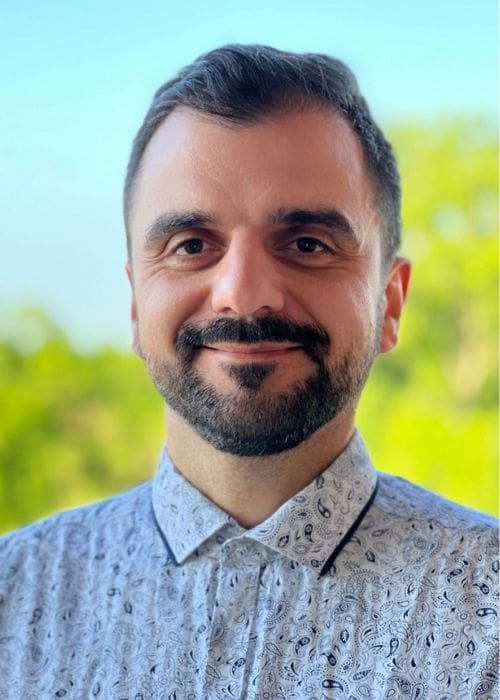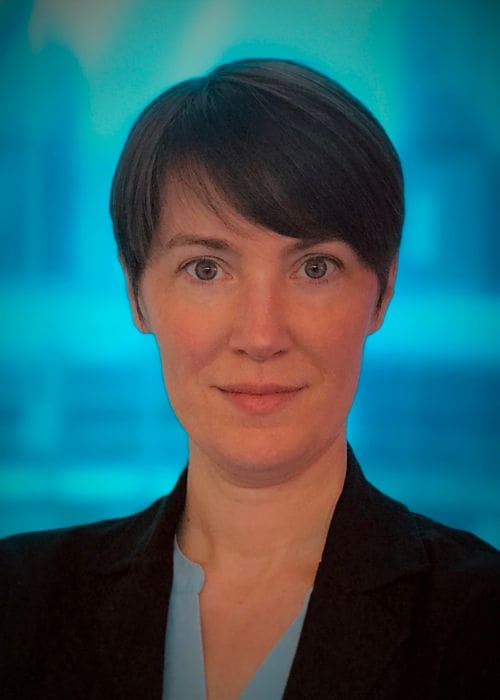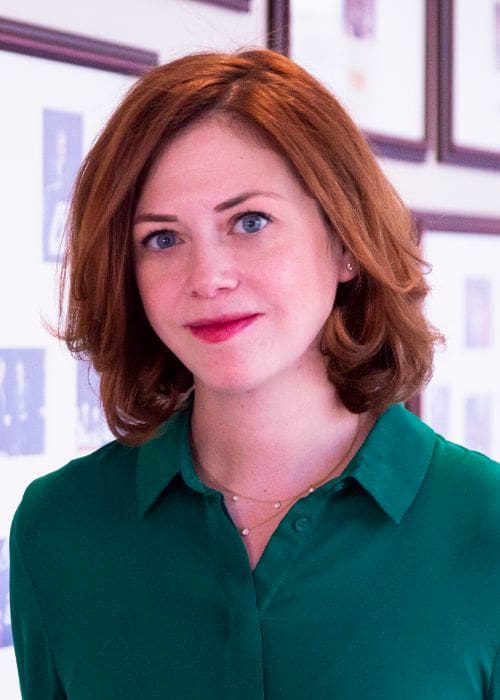What we do
Why a Democratic World Federation?
Our Priorities
World federation is the essential idea of a unified system of governance that promotes international cooperation, addresses global challenges, and meets the needs of all people through democratic practices. A democratic world federation is not a “one world government” that eliminates national sovereignty but a constitutionally limited and representative model of global cooperation. World Federation has been proposed as a necessary means to:
-
- Abolish war;
- Promote non-proliferation and disarmament toward a nuclear-free world;
- Avoid environmental and ecological disaster;
- Better manage a globally interconnected economy;
- Deal with gross violations of human rights;
- Protect and represent individuals and populations outside of or suppressed by national jurisdictions; and
- Effectively confront international criminal threats.
While there are multiple proposed models of world federation, they share several fundamental characteristics, including core democratic values such as checks and balances and accountable governance. CGS furthers education and dialogue on models of World Federation through our resources, events, and programs. To learn more, please visit our curated curricula (forthcoming).
Benefits of World Federation
End the War System
- Disarm offensive weapons
- Reduce the arms trade
- De-alert nuclear weapons
- Transform national military forces into national civil guards
Reinvest the Peace Dividend
Enable the redirecting of money currently spent on the military to investment in environmental restoration, education, health, and renewable energy
Checks and Balances
Provide checks and balances plus democratic accountability for present global structures, such as the World Trade Organization (WTO) and the International Monetary Fund (IMF)
World Citizenship
World Citizenship encompasses the values of global interdependence and responsibility to safeguard human rights, democratic participation and accountability, and the rule of law.
Shared Prosperity
In our interdependent world, the prosperity of our nation is inextricably linked with that of other nations. There are global problems that no one nation can solve alone. We must engage other nations to find solutions to these challenges, solutions that take into account the needs and aspirations of all people around the world.
Fair and Lawful Process
Sustainable solutions to global problems are best achieved through fair, inclusive, and lawful processes in which all parties are accountable. Americans should strengthen and support institutions and mechanisms that facilitate democratic participation, protect human rights, promote sustainability, and uphold international laws and norms.
Democratic Accountability
As an organization of and for Americans, we will seek to hold the Executive and Congressional leaders of the United States accountable to the American people.
Former UN Secretary-Generals
